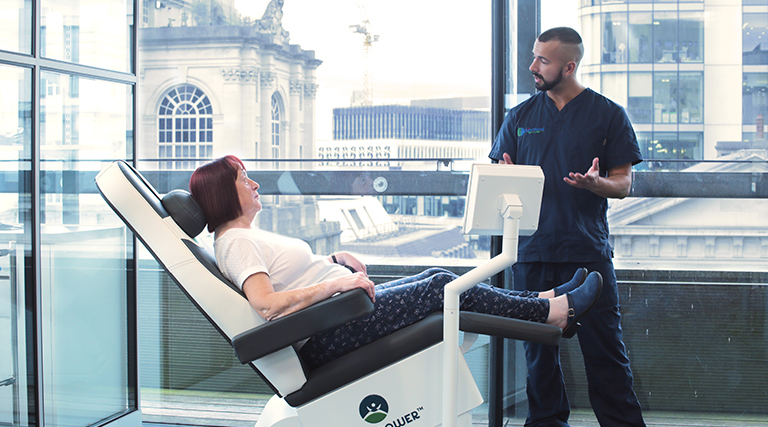Small Intestinal Bacterial Overgrowth (or SIBO for short), as the name suggests, happens when too much bacteria grows in the small intestine where they would not normally be present. This overgrowth can overwhelm the small intestine, leading to difficult symptoms of bloating, abdominal pain, excessive gas, and can change your bowel habit.
Breath tests can be used to detect SIBO, by measuring levels of hydrogen and methane which are gases produced by these bacteria. But there’s another type of gas that can be produced by these bacteria – hydrogen sulphide. Until recently, it’s been difficult to measure hydrogen sulphide in breath tests as the gas itself is unstable, which makes it difficult to collect and measure in breath samples. This means that with standard hydrogen and methane breath tests, patients with excess hydrogen sulphide can go undiagnosed.
In a healthy gut, this gas is present in low concentrations, but if the bacteria in your gut become unbalanced, the levels of hydrogen sulphide can increase. High levels of hydrogen sulphide in the gut has been linked with conditions such as ulcerative colitis, Crohn’s disease, and IBS, and higher levels are linked with symptoms of diarrhoea, urgency, and abdominal pain, as well as excessive “eggy” smelling gas!
Our new breath test for hydrogen sulphide works in a similar way to our standard hydrogen and methane breath tests. You collect a series of breath samples across 3 hours after drinking a sugar substrate, which allows us to see how much gas is produced in your gut in response to the drink. You can do this test at one of our clinics, in London, Cambridge, or Manchester. This new test will fill the gap left by current breath testing, and can provides an extra option for patients with unexplained gut symptoms.

